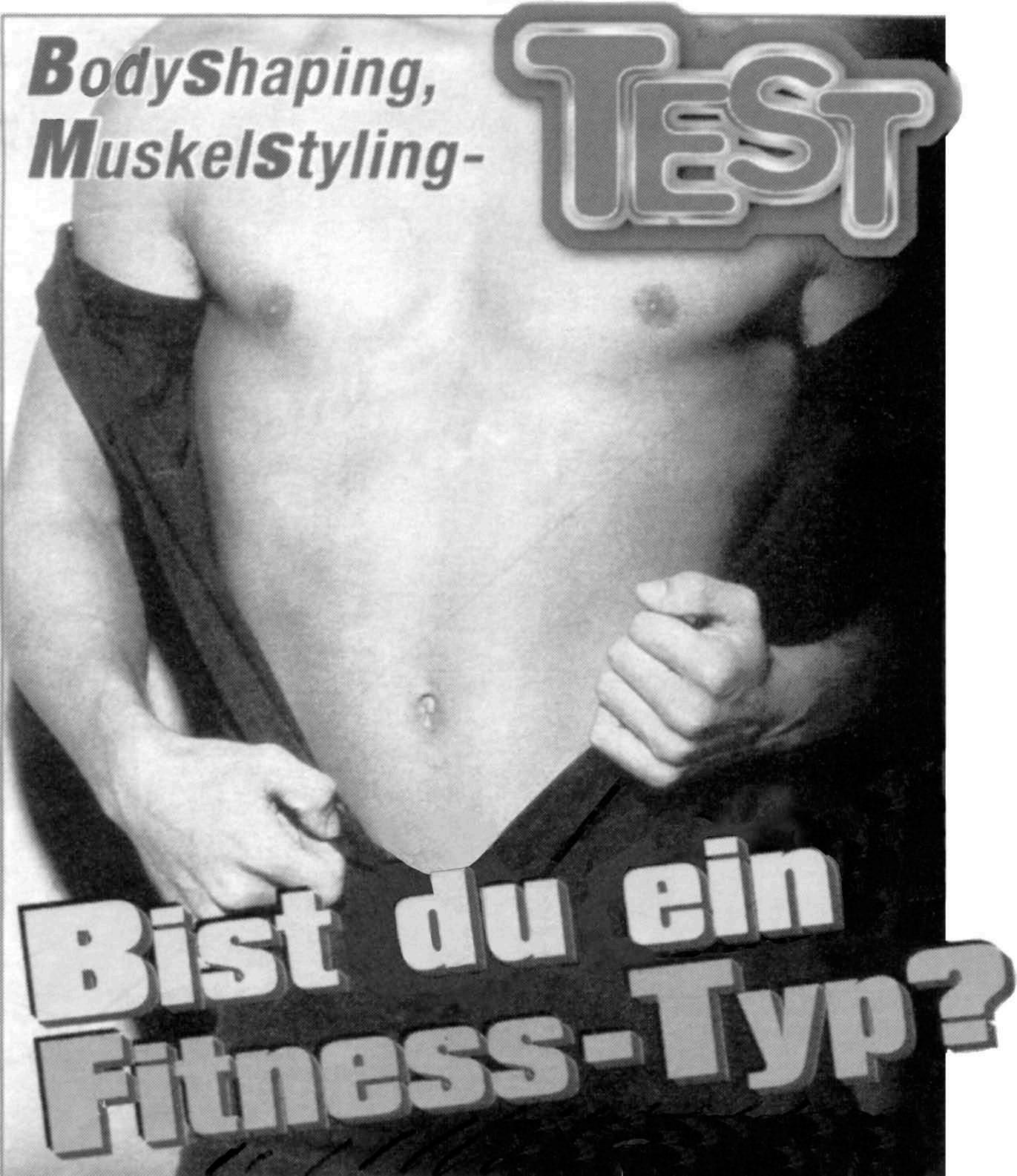52
Adjectives, adverbs and adverbials
Adjectives in -el, -en, -er usually drop -e- in the comparative: dunkel (dark) – dunkler edel (fine) – edler
trocken (dry) – trockner teuer (expensive) – teurer
Adjectives ending in -d, -t, -s, or -z add -est in the superlative: mild (mild) – das mildeste sanft (gentle) – das sanfteste
süß (sweet) – das süßeste stolz (proud) – das stolzeste
A few comparative and superlative forms are irregular: groß (big) gut (good) hoch (high) nah (near)
größer besser höher näher
(das) größte (das) beste (das) höchste (das) nächste
4.7 Some uses of the comparative and superlative The comparative particle ( English ‘than’) is als: Mein Auto ist schneller als deins. London ist schmutziger als Zürich.
My car is faster than yours. London is dirtier than Zurich.
Equality is expressed by so ... wie ( ‘as … as’): Peter ist so alt wie Thomas. Ich bin so groß wie du.
Peter is as old as Thomas/the same age as Thomas. I’m as tall as you.
NB Equality can be reinforced by using ebenso or genauso ( ‘just as ...’), e.g. Ich bin genauso/ebenso groß wie du.
Progression ( more and more) is expressed by using immer with the comparative: Das Wetter wird immer schlechter. Meine Arbeit wird immer schwieriger.
The weather is getting worse and worse. My work is getting more and more difficult.
Superlatives used as PREDICATE COMPLEMENTS of the verb sein (see 1.6) are most often in the form am … sten: Dieser Weg ist am steilsten. Ein Mercedes wäre am teuersten.
This path is the steepest. A Mercedes would be the most expensive.
Proportion ( ‘the more … the more’) can be expressed by je … desto/umso with a comparative adjective: Je länger man Deutsch lernt, desto/umso leichter wird es.
The longer you learn German, the easier it becomes.










